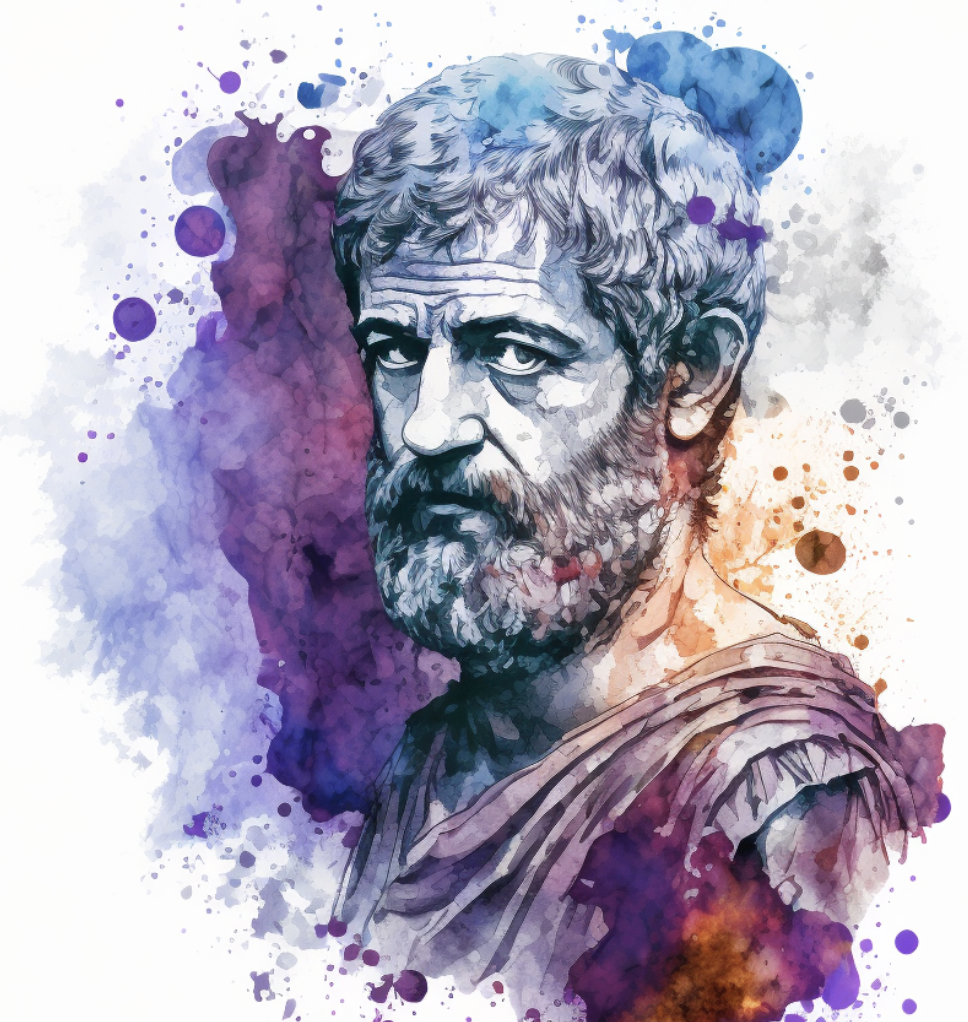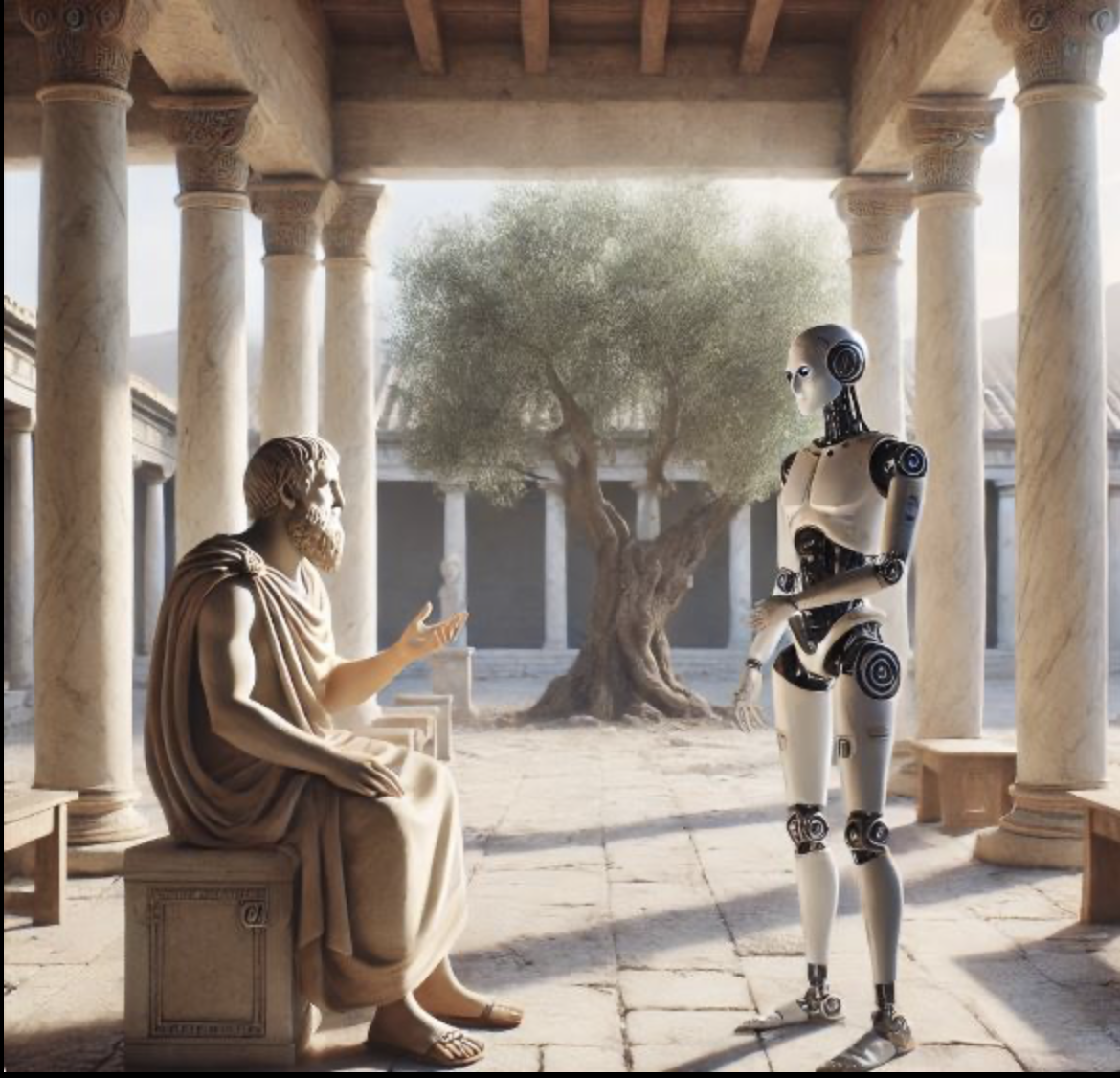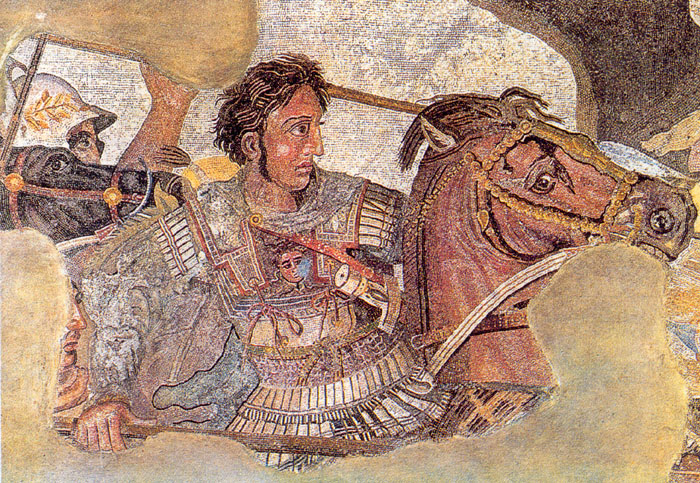Dear reader,
It is no mystery that the world around us is advancing and changing even more each day. Instead of giving a prolix account of how far our civilization has advanced- arguably too much for our not-so-long-ago primitive minds, I will share some values that I believe can help widen your horizons. Before specialists (lawyers, electricians, doctors, scientists), there were generalists. Aristotle himself was a generalist- as were most of the great scholars. Instead of focusing on specializations, the scholars before us focused on a wide range of topics. Indeed, some were both astrologists and biologists. Those who came before us viewed knowledge as the panacea of civilization. I believe that, in our own age, we have grown too narrow-minded. It is my hope, dear reader, that I can share some of how you can stay engaged and possibly learn more about the world around you.
My Rules for Becoming a Generalist
- Adopt a growth mindset
- When we choose to grow our horizons, we adopt a mindset that is ever-learning and ever-changing in its perceptions. Although we live in the most advanced age that the planet has ever known, I find that many (my past self included) are stuck in mindsets that have far outlived their intended purpose. Growing is the duty that we owe ourselves- and those around us. It defines the schism between fact and fallacy.
- Ask questions
- But don’t just inquire superficially about the things around you; try to unearth them for what they are. Marcus Aurelius, the last great Emperor of Rome, deciphered that “Perceptions like that—latching onto things and piercing through them, so we see what they are. That’s what we need to do all the time—all through our lives when things lay claim to our trust—to lay them bare and see how pointless they are, to strip away the legend that encrusts them.” When we ask questions, we do not simply look for answers, but we try to understand them. There is a difference between cynicism and curiosity, after all.

- Explore new interests
- Everything around us is in flux- the Earth and the atoms that compose it- so why shouldn’t we adopt the same axiom for our minds? Each winter, I like to try a new hobby, this year, it has been building little models of tanks– and wow, does it take many hours to build and paint one! Up until this year, I never cared about the hobby and showed little interest in it. One day, I decided to try it, after all, it was new to me and wasn’t super expensive to get into. My point is to chase those things that put you outside of your comfort zone. It doesn’t have to be an instant obsession- but something that grows the mind and expands your horizons.
- Read widely
- Society does not read enough- and it shows. Fiction and non-fiction works alike can augment our reality. Books allow us to “massage” the mind and digest new ideas, cultures, recipes, and many other material (and immaterial) things. While we can read on topics about our specializations, I encourage you, dear reader, to adopt a policy of reading new materials- subjects that are foreign to you. Why not pick a topic that you are unfamiliar with and perhaps research some texts around that topic? From there, your adventure awaits. So set sail!
- Stay open to new experiences
- This one is a freebie and sort of dances along the lines of exploring new interests. By being open to new experiences, you’re exposed to different ideas, cultures, and ways of thinking. This can broaden your worldview, help you understand diverse perspectives, and challenge your assumptions. I think that a lot of us grow up with little to no experience with other cultures and ways of thinking- especially if you are homeschooled or go to a private school. It becomes challenging to see through the lens of others- and that is certainly not a way to grow.
- Practice observation
- Making this a habit aids in our ability to understand, improve, and learn from the world around us. Sort of similar to my above rule, we use observation to help us connect with other people and cultures that we may not understand. This helps us challenge our own biases. Our brains are like muscles- they will atrophy if we do not practice the art of observation and learning. This practice can manifest in an unlimited number of ways- so I will not go into detail on those in this post.
- Challenge your assumptions
- When was the last time you put your biases and thoughts “on trial?” If you are unsure, I recommend getting on that right away. Challenging your assumptions is essential to avoid biases, promote learning, enhance problem-solving, and improve relationships by fostering open-mindedness and more accurate understanding. This can mean understanding people, cultures, or the world around you. Think about all of the practices that people did back in the day that we now know to be harmful- such as drinking radium. The scientific method is there for us to use, but use it widely. It’s ok to have opinions, sure. But learn to separate those opinions from empirical fact. Remember, a scholar does not dig their boots in the ground to defend a position that is clearly false. As opposed to digging a deeper hole, pause and remember that it’s ok to change your thoughts as new evidence emerges- that is how we grow our brain “muscle.” Do you even lift, bro?
- Reflect regularly
- “The happiness of your life depends upon the quality of your thoughts.” – Marcus Aurelius. So set sail and take the world by storm. Grow your interests and foster an environment that is constantly challenging your thoughts and beliefs. Don’t simply die on a hill in the hopes of defending your ego- that is child’s play. The world around us is in flux- why shouldn’t our minds be?
That’s All
I hope this post helped inspire some critical thinking and reflection. I don’t make money off of these posts, but if you feel like buying me a cup of coffee, please consider doing that here: https://buymeacoffee.com/pedalsandpages




Leave a Reply